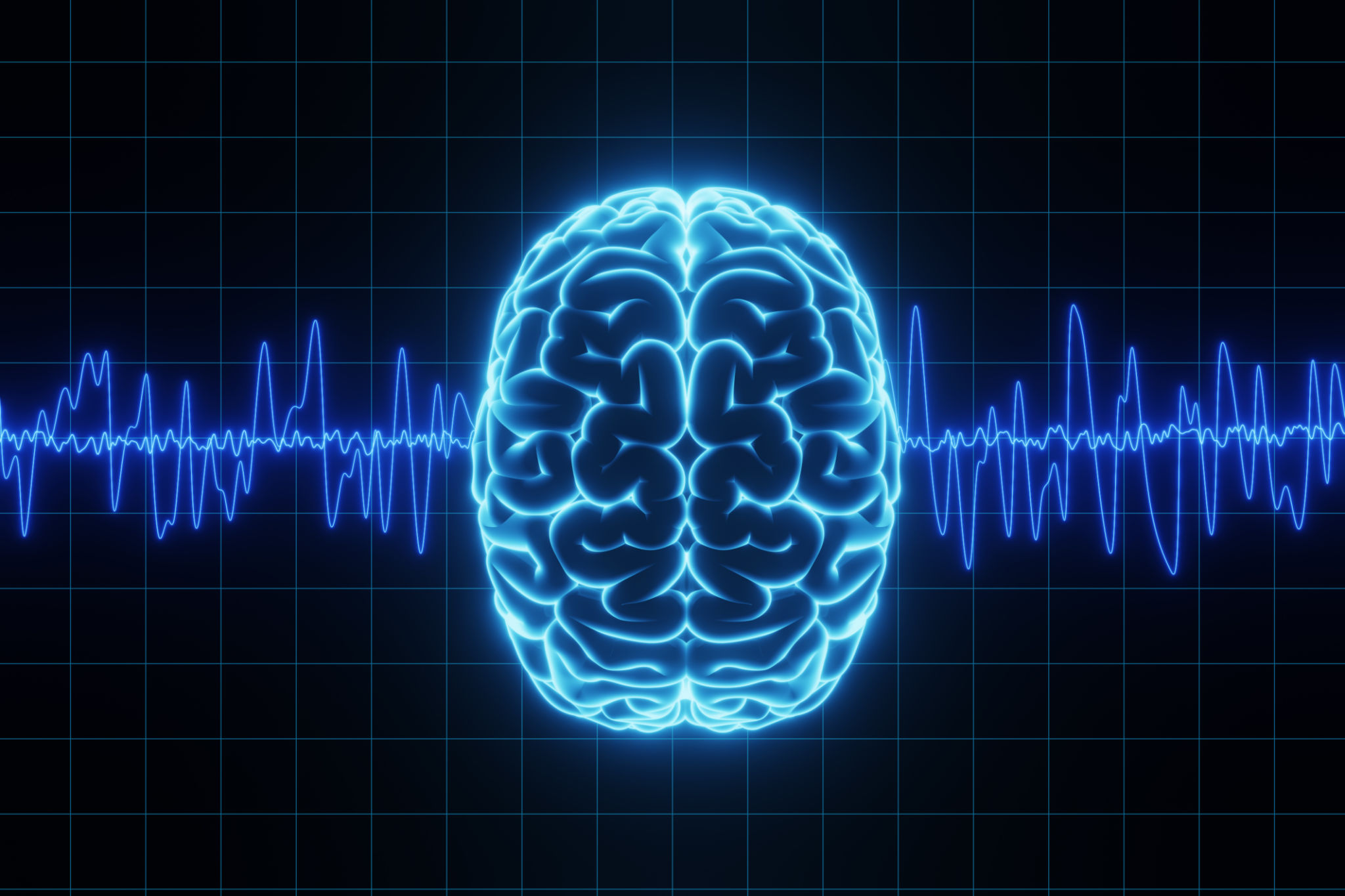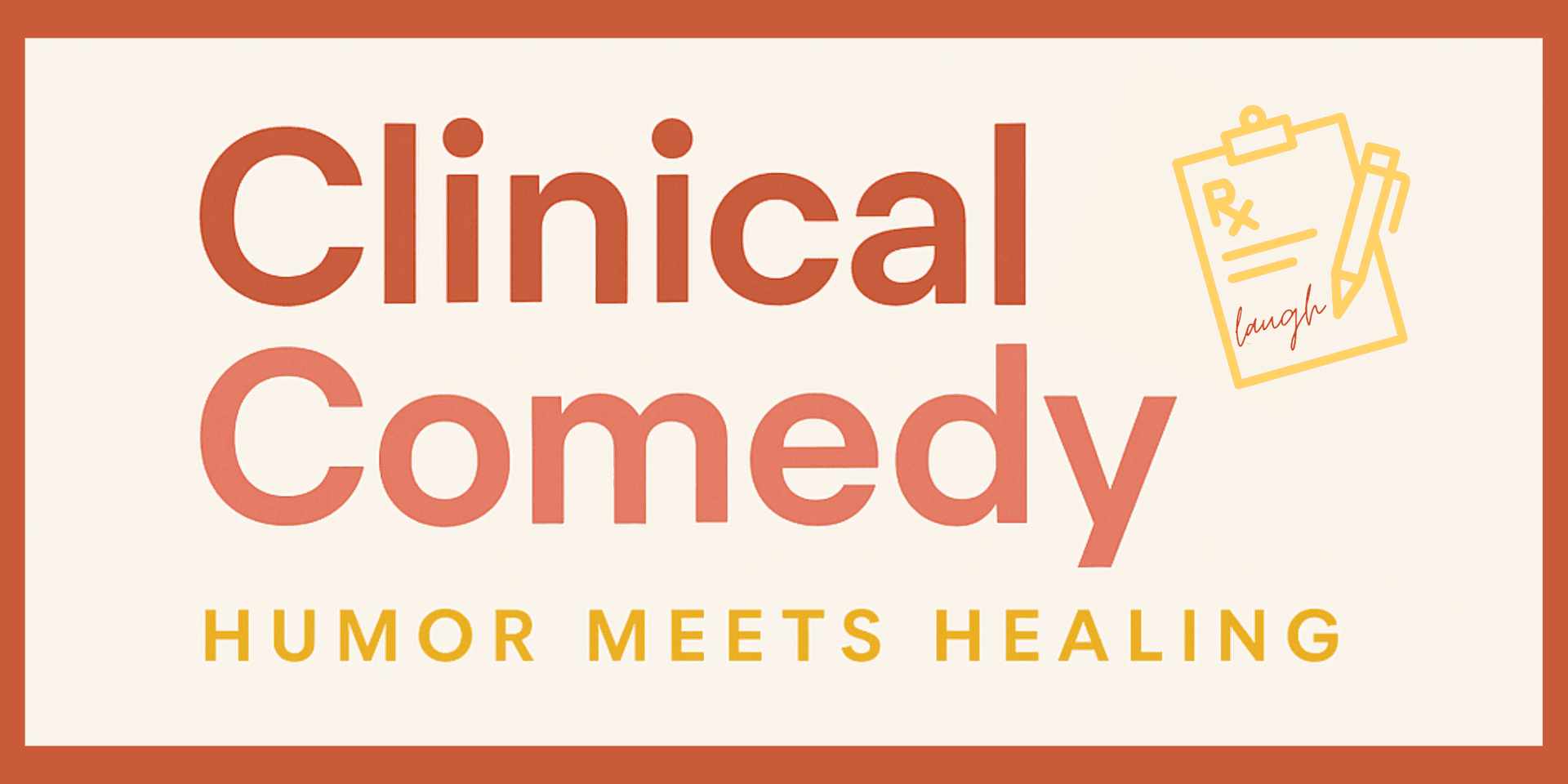Exploring the Link Between Humor and Healing: Insights from Clinical Comedy
The Therapeutic Power of Laughter
Humor has long been considered a universal language, breaking barriers and bringing people together. But did you know that it also has profound effects on healing? Recent studies have uncovered the remarkable benefits of humor in clinical settings, highlighting its potential as a therapeutic tool. This exploration into the link between humor and healing reveals how laughter can be an integral part of the recovery process.
Scientists and healthcare professionals are increasingly paying attention to the positive impacts of laughter on health. By understanding these connections, they aim to incorporate humor into treatment plans, particularly in areas like mental health and chronic illness management. Let's delve deeper into how humor contributes to healing.

How Humor Affects the Brain and Body
When we laugh, our brain releases a cocktail of chemicals that include endorphins, often referred to as the body's natural painkillers. These chemicals not only elevate mood but also help reduce stress and anxiety. Laughter decreases levels of cortisol, the stress hormone, which in turn promotes relaxation and well-being.
Furthermore, laughter triggers the release of dopamine, a neurotransmitter associated with pleasure and reward. This release creates a feeling of happiness and can lead to improvements in overall mental health. By boosting these positive chemicals, humor effectively acts as a natural antidepressant, offering a non-pharmacological option for enhancing mental health.

The Role of Clinical Comedy
Clinical comedy, or the strategic use of humor in healthcare settings, is gaining traction as a complementary therapy. Healthcare practitioners are using comedy to help patients cope with illness and pain. This approach involves integrating humor into therapy sessions, treatments, and patient interactions to foster a more positive environment.
One key aspect of clinical comedy is its ability to enhance the patient-caregiver relationship. Humor can break down emotional barriers, making patients feel more comfortable and open to sharing their concerns. It encourages communication and fosters trust, which are essential components of effective healthcare.
Real-Life Applications of Humor in Healing
Several hospitals and clinics have successfully implemented humor programs to aid in patient recovery. For instance, laughter therapy sessions, facilitated by trained therapists or clowns, have been used to lift spirits and provide emotional relief. These sessions offer patients a temporary escape from the stresses of illness, promoting mental resilience and improving quality of life.
Programs like these have shown promising results in various settings, from pediatric wards to cancer treatment centers. Patients report feeling less anxious and more optimistic about their treatments when humor is part of the process. Such findings underscore the potential for humor to be integrated more broadly in medical practices.

Challenges and Considerations
While the benefits of humor in healing are evident, it's essential to approach its application thoughtfully. Not all forms of humor are universally appreciated, and what might be humorous to one person could be offensive or distressing to another. Healthcare providers must be sensitive to individual preferences and cultural differences when using humor therapeutically.
Training for healthcare professionals on how to effectively employ humor is crucial. Understanding the nuances of humor and its impact on different patients ensures that it is used appropriately and beneficially. This tailored approach maximizes the positive outcomes of incorporating comedy into clinical settings.
The Future of Humor in Healthcare
The future looks promising for humor as a component of holistic healthcare. As more research unfolds, we can expect greater integration of humor-based interventions in treatment protocols. This shift not only enhances patient experiences but also contributes to a more compassionate healthcare system.
By embracing the potential of humor in healing, medical professionals have the opportunity to offer more than just physical treatment; they can provide emotional support that empowers patients throughout their recovery journey. The link between laughter and healing is a testament to the profound impact of joy on human health.

